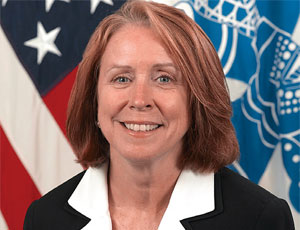The Army Corps of Engineers is facing bipartisan heat from House lawmakers about how it is carrying out important policy changes called for in the 2007 Water Resources Development Act. Because the Corps and the Army have been slow in meeting WRDA requirements, critical infrastructure projects could be delayed, says Marco Giamberardino, senior director of the Associated General Contractors’ federal and heavy construction division.

The House Committee on Transportation and Infrastructure on March 4 held a hearing and released a report assessing the Corps’ implementation of WRDA. In the report and in their comments at the hearing, lawmakers on the panel criticized the Corps and the Dept. of the Army for failing to meet key deadlines and for not following WRDA’s intent.
In addition to authorizing more than 900 projects in the Florida Everglades, along the Louisiana and Mississippi coasts and elsewhere, WRDA instituted sweeping changes in how the Corps evaluates and carries out its projects. The legislation requires the Corps to have larger, controversial projects reviewed by outside agencies.
It also mandates a revision of the Economic and Environmental Principles and Guidelines for Water and Related Land Resources Implementation Studies, a document that guides the Corps’ water-resource planning efforts. The Corps missed WRDA’s November 2009 deadline for rewriting the guide.
Not having clear guidance about how the agency will weigh and proceed with water-resources projects creates uncertainty and could lead to delays in conducting feasibility studies, says John Doyle, Waterways Council Inc. vice president for government affairs.
Jo-Ellen Darcy, assistant secretary of the Army for civil works, says the Army and the Corps are making progress in the principles-and-guidelines revisions. The new document, which includes input from the White House Council on Environmental Quality (CEQ), is expected to be released in its final form in spring 2011, following a public comment period and peer review by the National Academy of Sciences.
AGC’s Giamberardino says the Corps “was well on its way in developing the P&G, and then last year the CEQ took over and expanded the scope of the project ... to make it governmentwide.”
John Boozman (Ark.), the top Republican on the House water-resources and environment subcommittee, said, “I think the most common complaint members of Congress hear about the Corps of Engineers is not that their planning principles have been wrong, but that they are so mired in process that it takes too long to get a decision out of them.”


Post a comment to this article
Report Abusive Comment